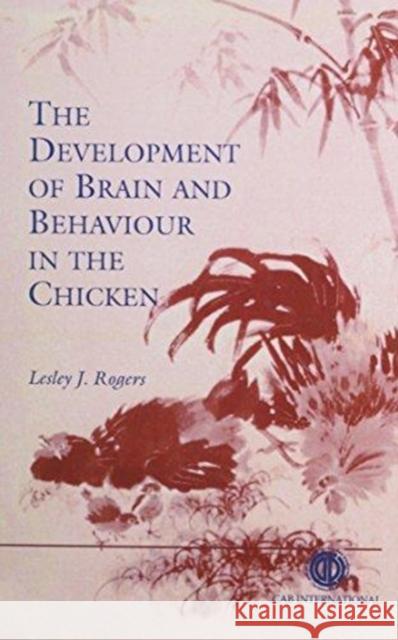The Development of Brain and Behaviour in the Chicken » książka
The Development of Brain and Behaviour in the Chicken
ISBN-13: 9780851989242 / Angielski / Twarda / 1995 / 288 str.
As a model organism, the chick has provided valuable insights into broad issues of development in higher animals. The complex interactions between genetic, hormonal and environmental factors which occur in the developing chick provide a potent argument against unitary causal explanations for differences in behavior. Study of the behavior of the chick is also relevant to poultry science and the welfare of domesticated birds. This book reviews research on the development of brain and behavior in the chick and juxtaposes this with similar work on other avian and, to a lesser extent, mammalian species. It begins by outlining the developmental stages of the chick embryo, including the effects of environmental stimulation. Behavior and the neurochemistry of development and memory formation in the posthatching period are then discussed. The transitions that occur during the first two to three weeks of posthatching life are described, particularly in terms of changing hemispheric dominance. The final chapter examines avian cognition and some issues of welfare for the domestic chicken. The book provides a thorough review of the subject and will interest workers in animal neurophysiology and behavior, experimental psychologists, and poultry scientists.











